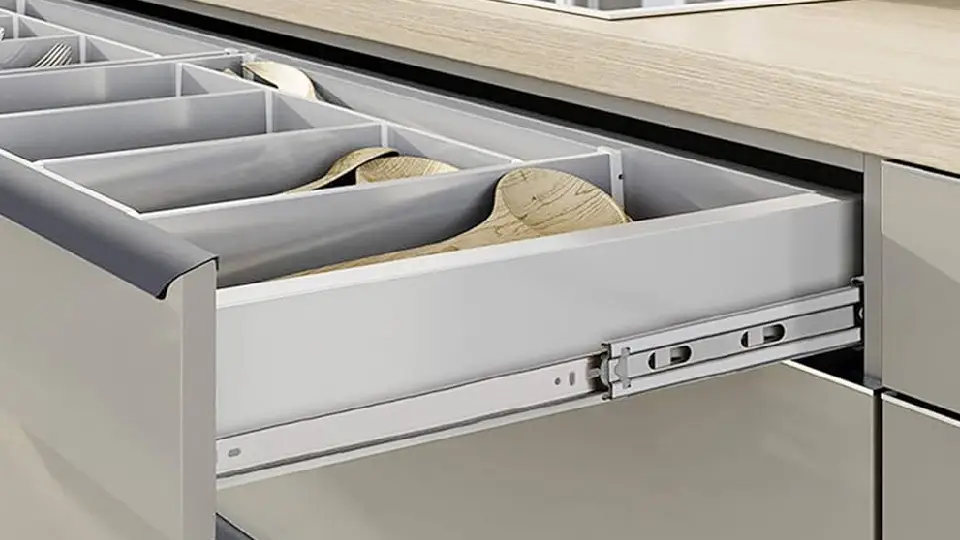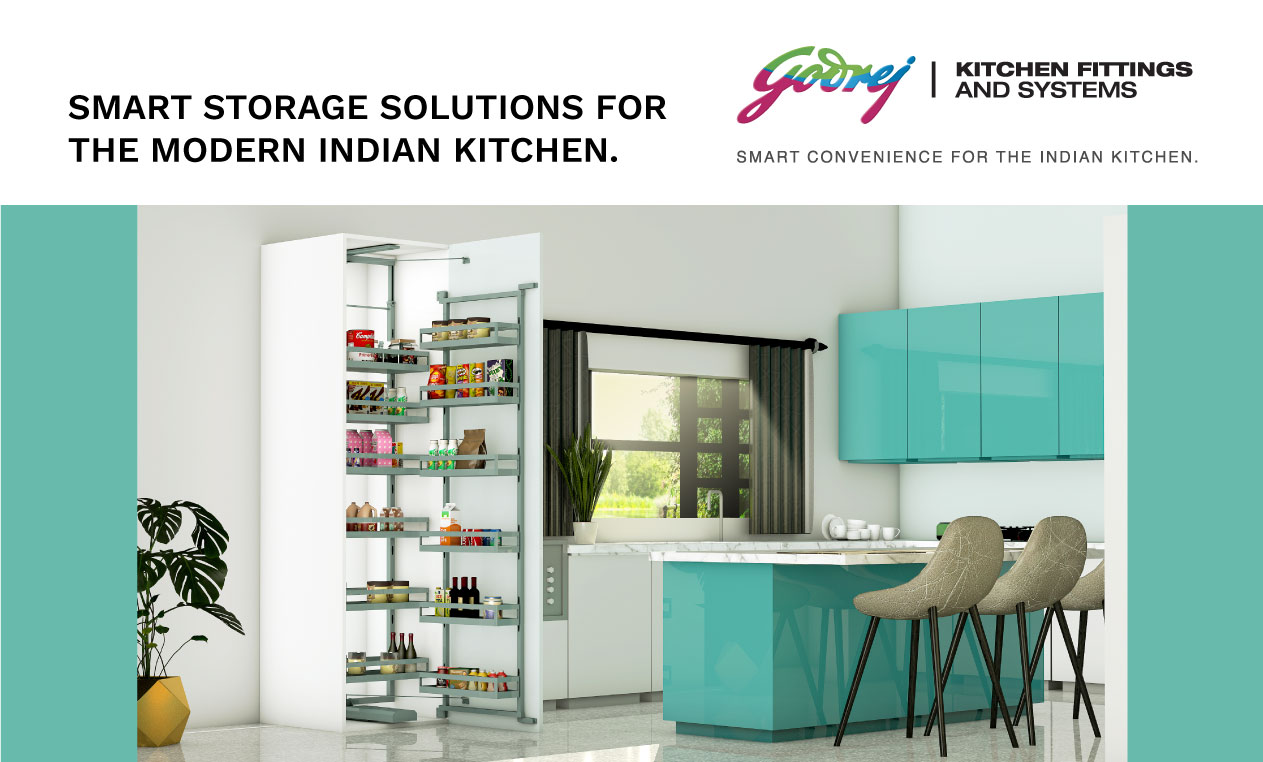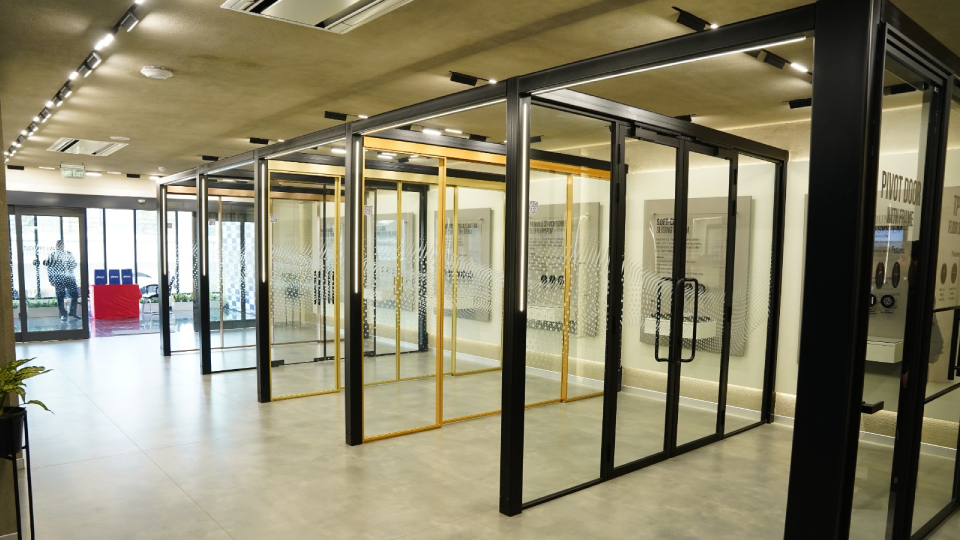As India approaches the post-lockdown period, the building materials industry across the value-chain, is eagerly anticipating how the scenario is going to pan out. At buildingandinteriors.com, we have been hearing out the manufacturers and other key stakeholders, on the way things are going to change in the post-Covid world. We have presented our readers with a take on the major shifts in the Indian building materials industry. Scroll down to read that story.
Now, in a series of posts, we bring out the opinions* of the members of the Indian building materials industry.
Hettich India Pvt.Ltd.

Mr.AK Goel, Managing Director, Hettich India Pvt.Ltd.
We see the demand projection on two parameters – short-term and long-term. While the short-term, demand is going to come for ‘good-quality products at good prices’, the long-term action is going to come in the solutions associated with work-from-home environment, home gymnasiums, kitchens and home improvement in general. At Hettich, we have solutions like the anti-bacterial hardware that will see lot of interest in the market. We are working with major appliance manufacturers and are supplying wire baskets for their microwaves and ovens, etc. With the current situation and sentiment not favouring China, India stands to gain in the new global pecking order. Hettich India is already supplying to Home Depot and we see a good upside from here.
Selling solutions rather than just products (selling bathrooms and not just tiles), service (including visible in-store hygiene like hand-sanitisers) and partnerships/collaborations in complimentary solutions (kitchens and bathrooms, or kitchens and hardware) are the elements that are going to be the key differentiators for retailers. He will have to rely on technology to capture the requirement of the customer so that most of the purchase process happens online. The touch-and-feel can be provided by him in his store. The manufacturers will have to ensure that the customer gets the best price in this whole process.
The retailers should also develop a ‘weekly’ purchase process rather than the usual ‘monthly’ process. This will take away their pain of releasing bigger lot of payments to manufacturers. The manufacturers will also be able to streamline the supplies in weekly batches. This will bring down the average inventory carried by the retailers. The retailers should also bring down the credit period they offer in the market and help the manufacturers help them.
Read: Top10 Shifts That Will Define The Future Of Building Materials Industry In India
Prism Johnson Ltd.

Mr.Vijay Aggarwal, Managing Director, Prism Johnson Ltd.
Shortage of casual labour would be one of the immediate visible situations. As a result, people like carpenters will not be available, and this would be a window of opportunity for factory-made kitchens. With a large population across metros, sub-metros and other lower tier-geographies having been confined in their homes for a prolonged period during this lockdown, this population would make investments in their homes, including modular kitchens and other home improvement segments like bathrooms and flooring.
SARS outbreak in China and demonitisation in India gave a fillip to companies like Alibaba, Tencent and Paytm. Similarly, Covid19 outbreak is going to play out in favour of manufacturers offering solutions that help maintain hygiene.
Technology will play an increasingly important role in the way sales process moves at the retailer end. Digital marketing will have to be used to capture customer data even before he/she walks into the showroom. The customer’s time in the showroom will come down. Similarly payments, training, etc. will move to online platforms.
The retailer will be working in an era of reduced credit cycles. I see a situation where a multi-brand retailer moves to selling at best 2 brands, and within that model, get 80% sale for one brand and 20% from the other. Companies like ours’ are heavy on employing technology to garner enquiries online. We would also like to support our committed retailers who are able to channelise a higher percentage of sales to Johnson.
Merino Industries Ltd.

Mr.Madhusudan Lohia, Director, Merino Industries Ltd.
While it is difficult to clearly predict how the markets move as they open, still we can surely look at some certainties. Manufacturers will have to factor-in social hygiene into their cost structures, as the situation will play out over a period of time. Customers will be spending less time in retail stores. As a result, companies will have to have good, interactive websites to give the customer a seamless experience of the solution. Initially, the online customer interaction will grow faster but this will even-out vis-a-vis the offline model as we move ahead in time.
Rationalisation of the inventory levels will happen in the industry. The SKUs across manufacturing sector will be reassessed. Companies will focus mainly on solutions that can sell without major challenges and also those that help with the hygiene requirements of the post-Covid world. At Merino, our anti-bacterial laminates could be one such solution that will attract demand. Overall, I think it would be an evolving situation and we will take have to be dynamic in our action plans.
NITCO Ltd.

Mr.Mahesh Shah, CEO, NITCO Ltd.
In the the short-term, I see the demand falling by 30-50%. The impact of coronavirus will be felt till Q4 of FY20-21. Only those solutions which are basic will sell, with high-value purchases taking a back-seat. Inventories across the supply chain will come down as each business tries to achieve greater efficiencies. Wasteful expenditures in the chain will also come down. Companies will look at margins per square feet of space.
Digital stores can take the place of physical store, especially when a retailer is looking at adding a category say, kitchens. Instead of putting up a physical display, he can look at a digital solution, where he shows kitchen designs, layouts and material in a digital environment. Final sale can still happen when the customer can touch-and-feel the kitchen. But this will atleast reduce the customers’ visits to the kitchen stores.
Quite often I hear that material sourced from China will be seen in negative light. But in my experience, such jingoism is a short lived phenomenon. Indian customers are quite discerning. The manufacturers have to give a better value proposition (than the made in China products) to the customer in order to get sales.
Customer habits will change. Social hygiene will be an important aspect in business. Manufacturers and retailers will have to work to a situation where the solutions (from the manufacturer) and service (from the retailer) are appreciated through the ‘hygiene’ angle. So, things like hand sanitisers would be part and parcel of businesses as we start with the post lockdown period.
Digital marketing will emerge stronger than ever. Manufacturers and retailers will have to rely on technology to serve the customer. Primary data on customer preferences, products, etc. will be captured digitally so that his time in the store can be reduced. Both manufacturers and retailers have to work with each other ever more closely to get sales.
*The set of opinions in this post were shared at a recent webinar organised by Hettich India Pvt.Ltd.



























